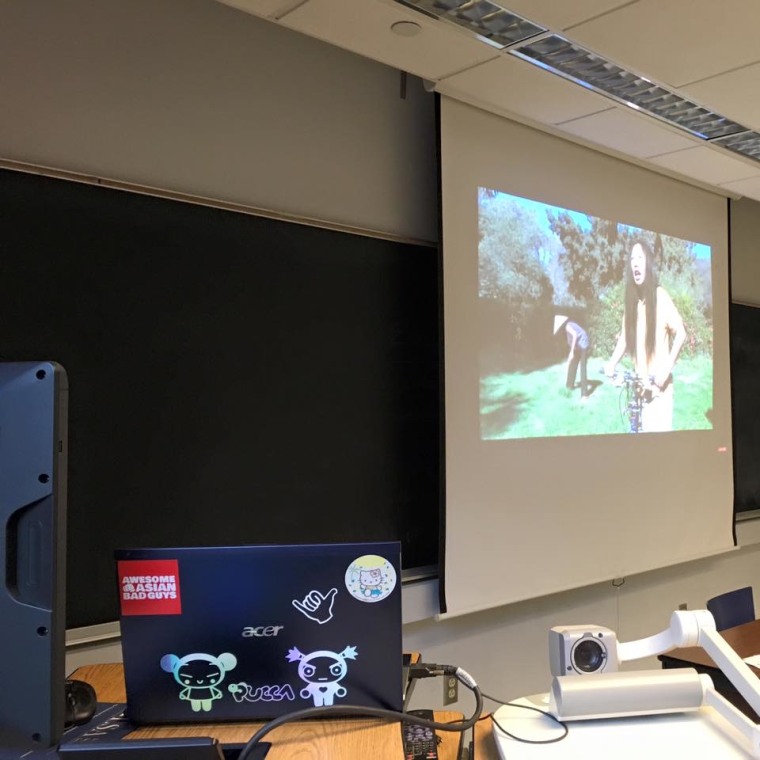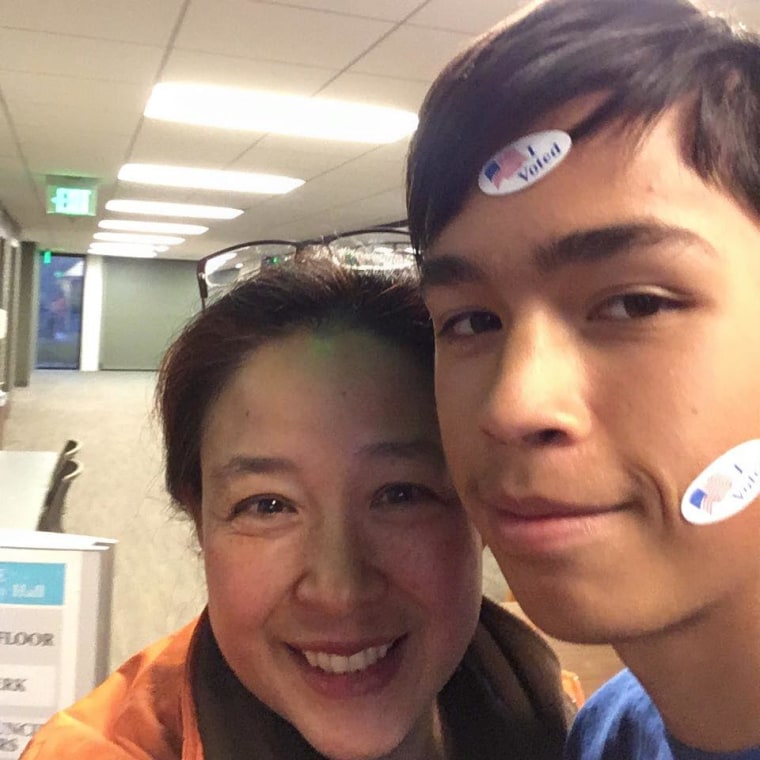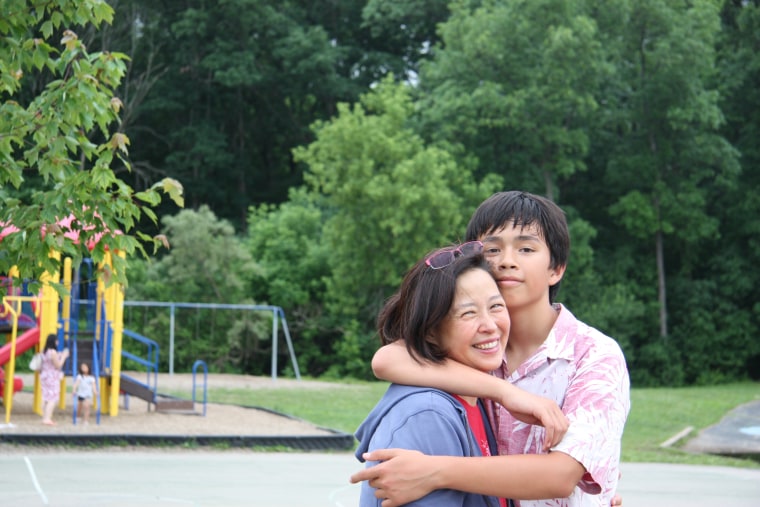I had been so looking forward to the day after Election Day so that I could begin writing my next essay about a return to kindness after this tumultuous election cycle had finally ended.
I was planning to write about how I have dealt with various mean, brutish, and rude people, but after losing individual battles to those with more money and more power, I found that — in the long run — my greatest strengths have turned out to be kindness, grace, and empathy and how things have actually turned out much better for me in the end than for those others.
RELATED: Projected Trump Victory Brings Mixed Reactions From Asian-American Voters
Then the election results began coming in.
I knew that the election was going to be close, and I knew that the advance polling was no guarantee. I remember when Michigan’s Proposal 2 to ban affirmative action was on the ballot, the polling numbers were way off because people did not want pollsters to think that they might be a little bit racist.

In my class on Asians in American film and media at the university, we spent Election Day looking at how Asians and Asian Americans have been represented in commercials and controversies from elections past and present and how Asian Americans have responded to stereotyped portrayals with creativity and wit.
I was excited that I had finally found content from both campaigns so as to stay balanced and nonpartisan. A few students — many of them voting for president for the first time — were late to class because the lines to vote were so long. I brought my 12-year-old son, who we call Little Brother, with me to class because our state allows the open carry of guns in public schools and many schools are polling sites so his school was closed that day. Everyone was in a festive, lighthearted mood, proud to vote and excited to be part of the process.
RELATED: Missouri Asian-American Community Speaks Out Against 'Xenophobic' Campaign Ads
I took my son to City Hall with me to vote.
My daughter came home late after her evening calculus class, and we sat in my bed together watching the election results past midnight.
“We choose to be good people. We look out for our friends. We develop our values so we stand strong in what we believe.”
As I watched the map of my state and the map of the United States turn more and more red through the night, surrounding the tiny blue square that is my home with a sea — no, a wall — of red, I felt spurned, rejected, excluded.
The demographics of this vote are stark.
I think about all the random strangers I meet in a day, and I wonder who smiled at me and had a conversation with me and then voted for the candidate who would build a wall, ban, and deport me. I worry about how much of my small savings are lost in election night’s financial crash, how long my job will last, and what I will do if I lose my health care next year.
RELATED: Muslim Americans, Allies Urge Caution In Election Aftermath
It is easy to ignore these details when they do not affect you, easy to smile and create distance when it is someone else’s problem. Stories about voter intimidation and those emboldened to insult and attack Asian Americans, Muslim Americans, and other Americans of color come quickly. This vote feels like a referendum on who gets to belong, who must stay out in the cold.
But this is my home. I should not have to fight to belong.
Now what am I going to tell my son?

Wednesday morning before school, Little Brother’s first bright-eyed question was, “Who won the election?”
At first he thought I was joking.
Unsure of what to say next, I gave Little Brother a hug, and the words somehow tumbled out of my mouth, as much for me as for him.
“We choose to be good people," I said. "We look out for our friends. We develop our values so we stand strong in what we believe.”
The election results cut at the fabric of all that I believe: Work hard. Study harder. Tell the truth. Honor your commitments and be as good as your word. Be kind and gracious. Be respectful and fair. Include everybody. Education and character are everything.
RELATED: Essay: Amongst Chaos, I Know That 'We All Belong Here'
As our immigrant parents and grandparents knew, education and character are the only things no one can take from you.
These are the things I teach my children, even as I teach them how to negotiate histories and systems of power.
As the day after Election Day progressed, I received emails from the university, the public schools, civil rights advocacy organizations, even my financial planner. Messages of solidarity, commitments to diversity. A candlelight vigil scheduled on campus for Wednesday night. Take care of each other.
On Thursday, my class at the university is scheduled to discuss a film about the 1982 case of Vincent Chin, a 27-year-old Chinese-American man killed on the eve of his wedding after being struck in the head with a baseball bat by a white man who seemingly blamed the Japanese for the auto industry’s economic woes. Ronald Ebens pleaded guilty to manslaughter, was fined $3,000, and never spent a night in jail.
Ebens lives in Nevada now, still avoiding a financial judgment against him. A pivotal case in Asian-American history, I have taught this story so many times, each time hoping that it will finally become irrelevant.
For college students, 1982 is ancient history, before they were born, but today the story of Vincent Chin gains a new urgency, and I am afraid.
So I will tell my students what I told my son, what I tell myself, how we keep moving forward:
We choose to be good people. We look out for our friends. We develop our values so we stand strong in what we believe.
Follow NBC Asian America on Facebook, Twitter, Instagram, and Tumblr.
